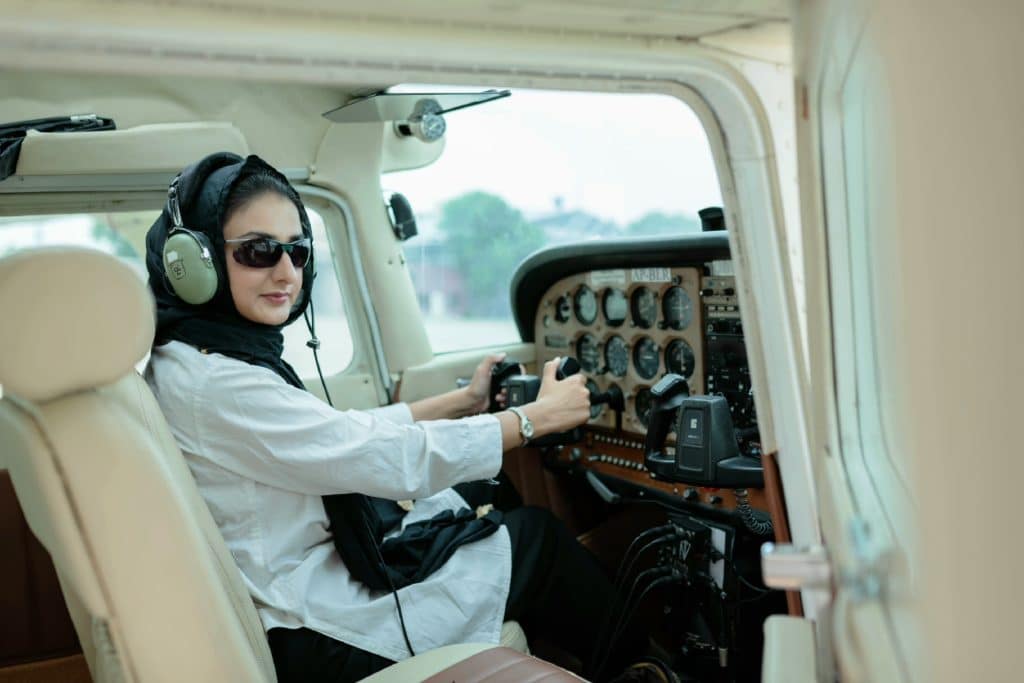What life is like working as a pilot
Being honest, COVID 19 has torn apart the aviation industry: many pilots out of work, those remaining in employment through a combination of pay cuts and part-time work are now on reduced salaries sometimes 50% or more. Being a pilot is still an incredible career, and I count myself lucky to be able to call this a job!





